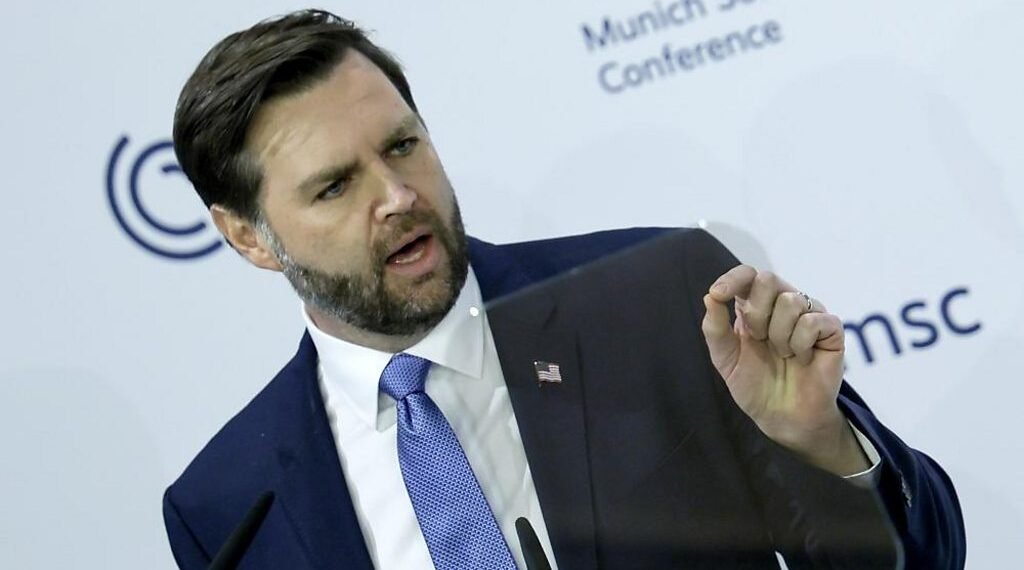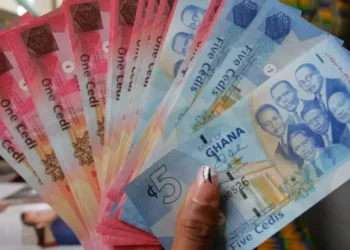The US State Department has issued a statement criticizing the United Kingdom’s handling of freedom of expression, citing concerns over the prosecution of Livia Tossici-Bolt, an anti-abortion activist facing criminal charges.
In a post on X, the department expressed alarm over Tossici-Bolt’s legal battle, which stems from her offer to engage in conversation with patients outside an abortion clinic — an act deemed unlawful within the designated buffer zone.
“We are monitoring her case. It is important that the UK respect and protect freedom of expression,” the department’s Democracy, Human Rights, and Labor (DRL) division stated. The post further emphasized that while US-UK relations share a mutual respect for human rights and fundamental freedoms, concerns over Britain’s free speech policies are growing.
Vice President J.D. Vance has previously echoed these sentiments, stating, “We are concerned about freedom of expression in the United Kingdom.”
The DRL division has previously criticized police in Scotland for enforcing similar buffer zone restrictions. Other nations scrutinized by the US for alleged restrictions on free speech include Bangladesh, Iran, and Russia.
Tossici-Bolt, a key figure in the anti-abortion movement, leads 40 Days for Life Bournemouth, a group actively opposing abortion in the UK.
Her legal troubles began in March 2023, when she allegedly violated a Public Spaces Protection Order (PSPO) by standing outside a Bournemouth abortion clinic with a sign that read: “Here to talk if you want to.”
The UK’s buffer zone laws prohibit individuals from engaging in actions that could “intentionally or recklessly influence” a person’s decision to seek abortion services, obstruct access, or cause harassment, alarm, or distress to patients and medical staff. These restrictions extend to a 150-meter perimeter around abortion clinics.
Tossici-Bolt’s case was heard at Poole Magistrates’ Court in February, and a verdict is expected on Friday. She has maintained that her actions were peaceful and should not constitute a criminal offense.
US Intervention Welcomed by Activist
Tossici-Bolt, a retired medical scientist from Bournemouth, Dorset, has expressed gratitude for the US government’s attention to her case.
“I am grateful to the US State Department for taking note of my case. Great Britain is supposed to be a free country, yet I’ve been dragged through court merely for offering consensual conversation.”
Livia Tossici-Bolt

She also extended thanks to ADF International, the legal organization supporting her case, while reaffirming her stance on free speech: “Peaceful expression is a fundamental right — no one should be criminalized for harmless offers to converse.”
Tossici-Bolt criticized what she views as increasing censorship in the UK, arguing that the US government’s remarks highlight an alarming trend.
“It is tragic to see that the increase of censorship in this country has made the US feel it has to remind us of our shared values and basic civil liberties.
“It deeply saddens me that the UK is seen as an international embarrassment when it comes to free speech. My case, involving only a mere invitation to speak, is but one example of the extreme and undeniable state of censorship in Great Britain today.”
Livia Tossici-Bolt
The controversy has led to speculation that Britain’s approach to free speech may be influencing its trade negotiations with the United States. Some sources suggest that restrictions on expression could be a factor in the UK’s struggle to finalize a US-UK trade deal and avoid President Donald Trump’s tariffs. A source remarked: “There should be no free trade without free speech.”
However, Business Secretary Jonathan Reynolds has dismissed the suggestion.
“No, I can say as someone who is very closely part of the issues that are currently being discussed, obviously there are things from different people in the administration that they’ve said in the past about this, but it’s not been part of the trade negotiations that I’ve been part of.”
Business Secretary Jonathan Reynolds
Despite the official denial, the US government’s rare diplomatic intervention has placed Britain’s freedom of expression laws under international scrutiny, raising broader concerns about the future of human rights protections in the UK.
READ ALSO: Government Allocates GHS 13 Billion to Clear Arrears, Prioritizes Sanitation Debt


















